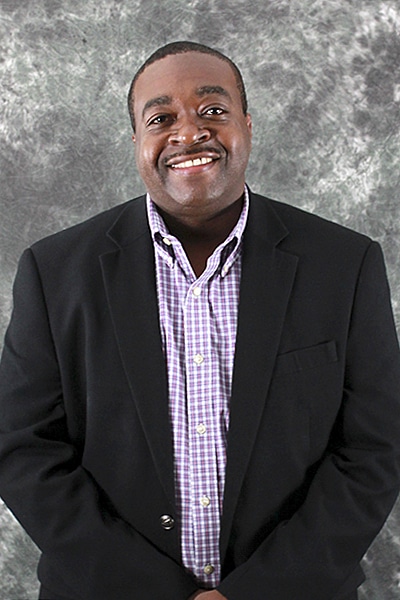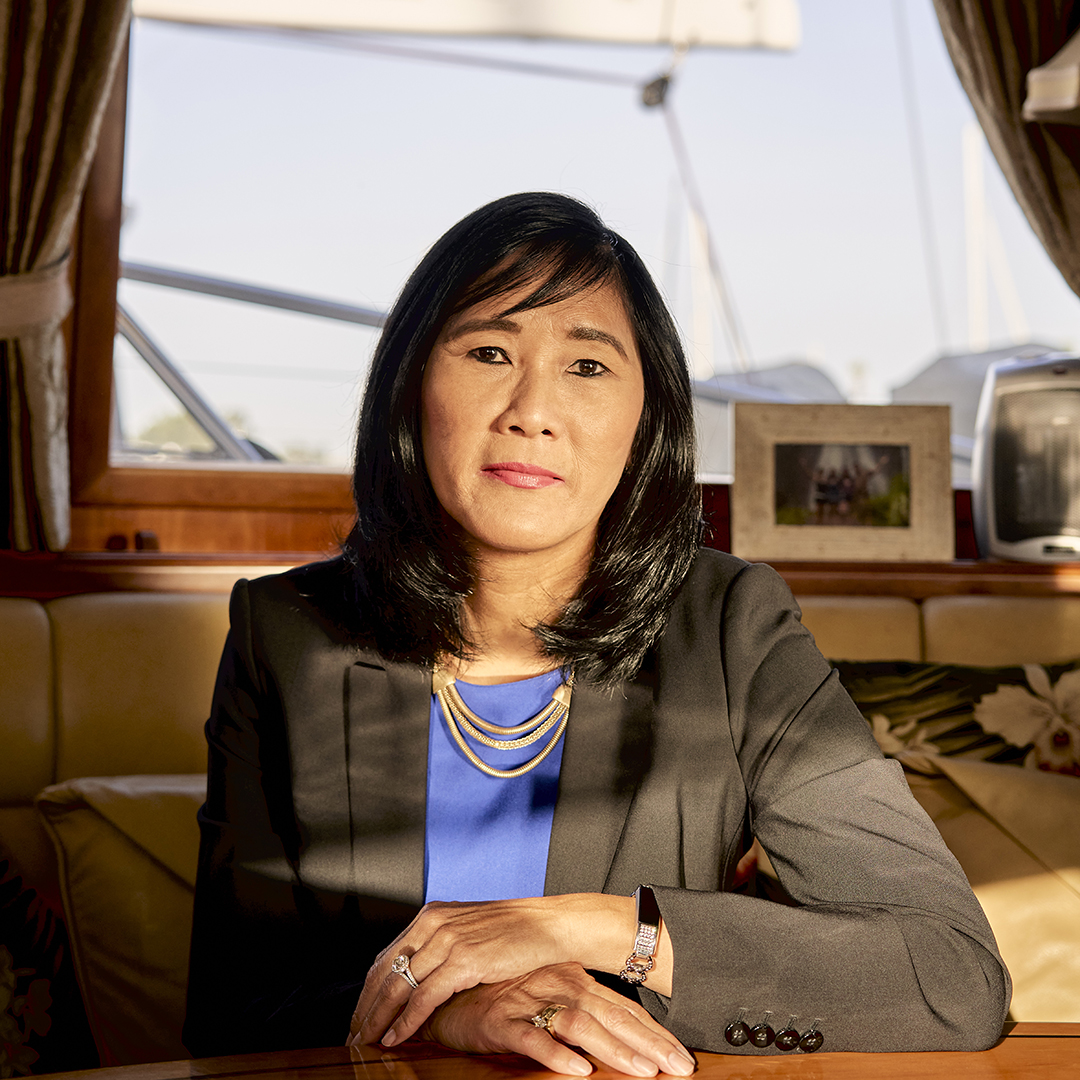Before Colin McDonald was senior vice president of human resources at Florida-based Cross Country Healthcare, he worked as a recruiter for New York-Presbyterian Hospital, one of the largest healthcare organizations in the world. One day, his supervisor offered him a promotion, replacing a white colleague who’d vacated the role, but without the same pay.
When he asked why he was going to be paid differently, his supervisor offered some much-needed perspective: “If you don’t take this job, you’ll just stay a Black recruiter. But if you do take the job, you’ll be a Black manager, one of only a few Black leaders in HR in New York City.”

It was a powerful moment, not just for his career development but his work as a Black executive in healthcare. Now, at Cross Country, McDonald leverages that experience and the leadership skills he’s cultivated over decades of HR work to keep the organization’s people power streamlined and advocate for greater diversity and inclusion.
The Jamaican-born McDonald emigrated to the United States in the ’70s. Early on, his mother hammered home the importance of a good education. “Everything [I’ve accomplished] is owed to her,” he says, proudly. He received his bachelor’s at the State University of New York at New Paltz, joining the historically Black fraternity Kappa Alpha Psi (a credit shared by Vice President-elect Kamala Harris). After that came a master’s in organizational leadership at Mercy College and a robust career in human resources, starting at New York-Presbyterian and continuing to Cross Country, where he joined in 2014.
When he first arrived at Cross Country as an HR director, McDonald immediately recognized that the talent acquisition and human resources teams needed to be revamped from the ground up. “We were outsourcing a lot of our services, specifically from the recruiting function,” he explains. To address that problem, McDonald set about developing an in-house recruiting team, building every policy and system from scratch.
That’s not all: in addition to his everyday duties, which include touching upon virtually every aspect of Cross Country’s HR function across its several thousand employees, McDonald is hard at work employing technological solutions to help streamline systems. “In my first few years here, technology wasn’t at the forefront,” he says.
But that’s changed in the last two years with the arrival of new CEO Kevin Clark, whom McDonald describes as an “innovative, tech-savvy, positive” leader. Clark spearheaded a newfound investment in technology for the company. For HR, that meant replacing the department’s archaic network of disparate record-keeping systems (one for employee records, one for recruiting, one for onboarding) with one comprehensive system.
After some research, McDonald and his team settled on Ceridian Dayforce, an upgraded HRIS platform that combines the recruiting and onboarding modules with succession planning, learning management, and performance management tools.
“You have to be that person who’s going to come in early, stay late, and take on those extra responsibilities, because once the leaders know that you’re capable of achieving, then the color really doesn’t matter.”
It’s a breath of fresh air from what they were doing before, McDonald notes. “We were creating metrics off Excel,” McDonald admits. But with Ceridian, employees can access payroll information, allow recruiters to onboard people more efficiently, and more.
That’s not the only way McDonald has used technology to streamline the HR function. Cross Country has recently implemented a benefits-focused platform that allows employees to access their info online through mobile apps and make changes to their benefits on-demand. “It’s a lot more seamless and intuitive,” he says.
Beyond technology, McDonald takes his status as a Black executive in healthcare seriously, investing deeply in diversity and inclusion initiatives to address systemic problems within the organization and healthcare in general. “A lot of this started coming to the forefront with the death of George Floyd,” he says. Organizations everywhere started to examine what they could do to address systemic inequality in their own houses—an effort long overdue. Fortunately, McDonald found himself in an organization far ahead of the curve.
“I have to tell you, this company has always believed in diversity, equality, and inclusion,” McDonald says. In particular, he credits Clark with immediately calling for organizational solidarity with Black Lives Matter and encouraging McDonald to create an internal advocacy group, which would become “Cross Country Impact.” The group, centered on four major principles—educate, donate, advocate, and volunteer—gives Cross Country’s BIPOC employees a chance to talk openly about their status in the organization, issues with harassment, and more.
The results have been encouraging for McDonald. “Over 75 percent of our employees say this company excels as a diverse organization,” he notes. The organization now recognizes Juneteenth as an observable holiday and openly advocates for LGBTQ+ rights.
These matters carry a great deal of importance to McDonald, a Black executive who doesn’t often get to see others like him in high-profile positions. He sees plenty of Black executives who are good at what they do, but don’t get the opportunity to show it. The key, says McDonald, is finding a leader who is willing to take a chance on you.
“I was fortunate to have a CEO who knew my capabilities and allowed me to shine,” he observes. “It’s difficult to be a Black leader in any organization. You have to work a little bit harder than your white counterpart, you have to be as articulate, as present, as accountable.”
But despite these potential challenges, he urges aspiring Black executives to not let these obstacles be their downfall. “You have to be that person who’s going to come in early, stay late, and take on those extra responsibilities,” he says. “Because once the leaders know that you’re capable of achieving, then the color really doesn’t matter.”
Independence changes everything. As a family-owned organization, Lockton is not driven by the quarterly pressure of financial markets. This independence frees us to always act in the best interest of our clients and creates an entirely different dynamic in the insurance industry—focused solely on clients’ success.


